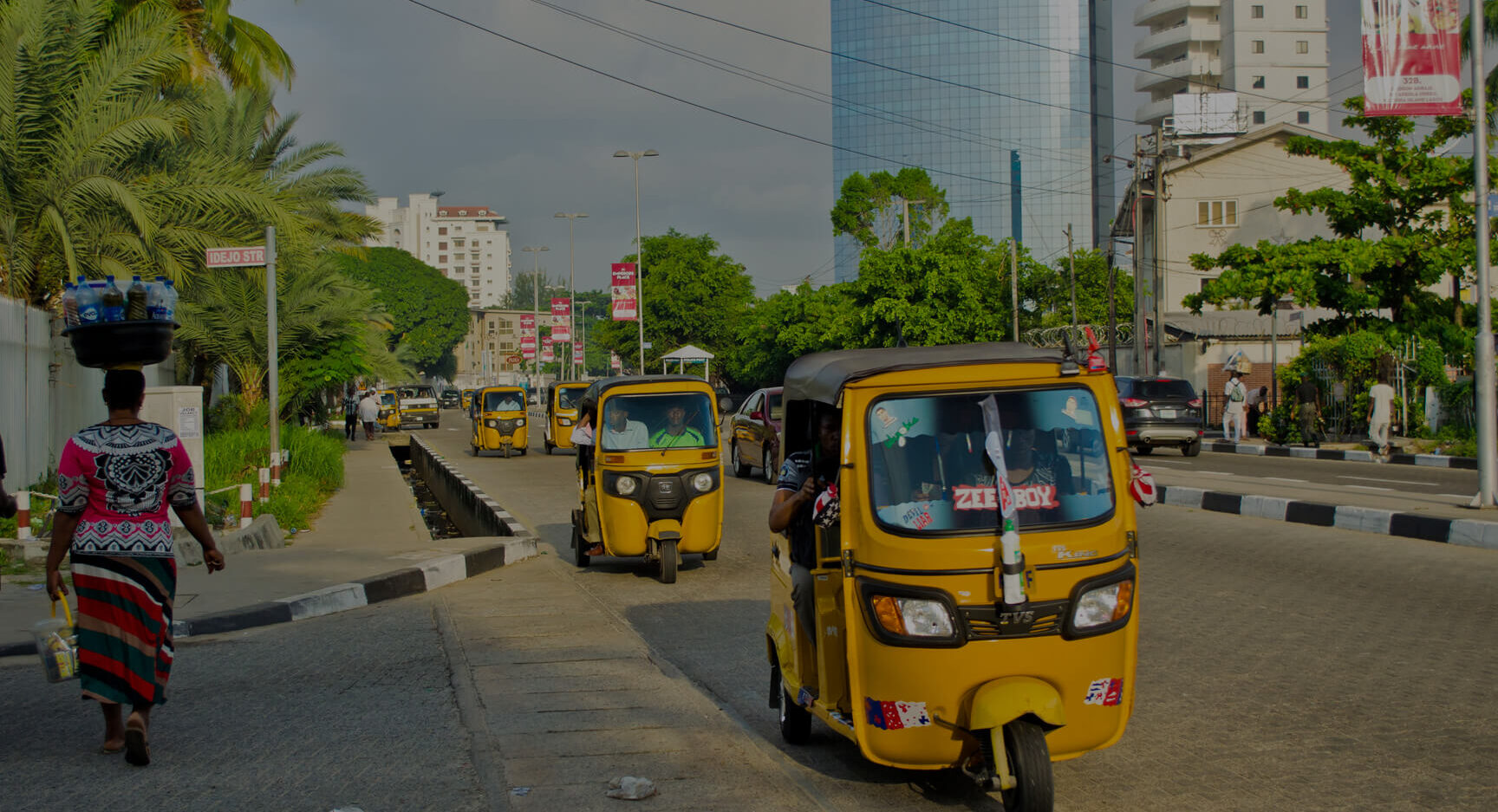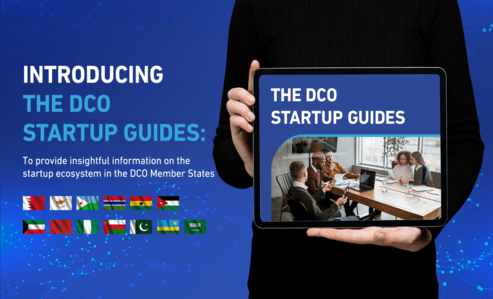Council member
Nigeria
Nigeria joined the five founding members of the Digital Cooperation Organization in April 2021.
Its participation is overseen by the Ministry of Communications and Digital Economy.
An economic powerhouse, the west African country holds ambitions to harness technology to spur its transition into leading player in the global digital economy. Central to this is the National Digital Economy Policy and Strategy (NDEPS). Setting out a roadmap based on eight key pillars covering infrastructure, e-service provision, and regulatory reform, the blueprint aims to unlock the potential of Nigeria’s emerging ICT sector as a major driver of economic growth and social development.
- In 2019, OPay, a fintech business raised $170m from Chinese investors.
- In 2019, Nigeria launched the National Digital Economy and Strategy (NDEPS).
- In 2020, the Nigerian government signed an MoU with IBM to help address the digital literacy gap in the country through technical training schemes.
- In 2020, Stripe, the most valuable private fintech in the West, acquired Paystack, a Nigerian digital-payments company, for $200m.
- In 2021, Flutterwave, a Nigerian digital-payments firm raised $170m, valuing the company at over $1bn.
- In 2021, Nigeria launched its central bank digital currency (CBDC) — the eNaira.
- In 2022, the EU unveiled the EU-Nigeria Digital Economy Package, a pledge to invest $820m in the country’s digital transformation.
- In 2022, the Nigerian Communications Commission issued 5G spectrum licenses to multi-national companies including Ericssson.
Through various NDEPS initiatives, Nigeria has been able to address structural issues around its digital economy, spurring innovation within its fast-growing start up community.
Well known unicorns such as Flutterwave have captured global interest, while a thriving ecosystem of businesses providing healthcare and e-learning services have seen rapid growth as they scale within the country and beyond.
The opportunity for these businesses is expected to grow further thanks to roll out of 5G networks across the country. Opening the potential for smart city development, advanced transportation systems, IoT applications and digitalized healthcare, the much-anticipated infrastructure will play a core role in advancing Nigeria’s digital transformation agenda.
As well as providing a boost for the private sector, the government’s own digital services will also benefit. Under the Government E-Service Masterplan, online platforms for transport, data access and more have been set up, helping citizens to navigate previously complex services with ease, while driving transparency, accountability, and good governance.
Improved ICT capacity has also enabled the state to tackle critical issues such financial inclusion, with the launch of the eNaira in 2019 by the Central Bank being one such example. As well as providing a resilient payment system, the platform provides direct welfare disbursements and facilitates diaspora remittances.
Another major focus area for the government has been the upskilling of Nigeria’s citizens through digital literacy and technical training. With a goal of establishing Nigeria as a regional software engineering and ICT outsourcing hub, the government has partnered with multi-national organizations such as IBM and Huawei through its ‘Digital Nigeria Program’ to provide fee courses on topics such as big data, cloud computing and blockchain technologies. A corresponding drive to streamline and codify digital regulation around data protection, payments and other vital areas has gathered pace, with the success of BVN and NIP systems being cited as a major enabler by leading Nigerian businesses.
Taken together, the reforms and initiatives undertaken through the NDEPS and other government programs have helped to propel Nigeria’s digital transformation forward, empowering a new generation of digital talent to tackle legacy problems, but also leverage the huge advantages abound in Africa’s most populous country.








